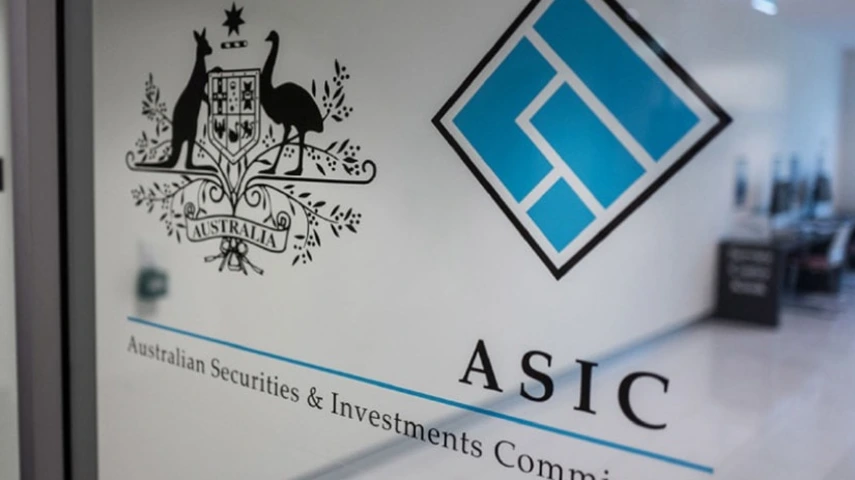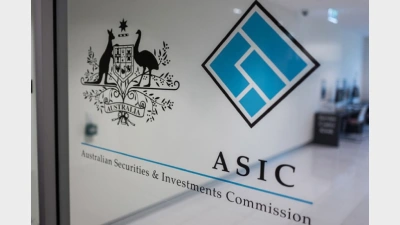How does ASIC determine its greenwashing action?



The corporate regulator has outlined its philosophy in dealing with greenwashing and the by-product of greenhushing, having already reported around 35 of such interventions since undertaking this strategic priority in the last year.
Noting a “huge business case” for funds putting forward ethical investment claims despite there being no obligation to do so, ASIC deputy chair Sarah Court has a simple message to explain the rationale behind ASIC’s interventions.
In the last year, ASIC commenced civil penalty proceedings in the Federal Court against three funds, namely Active Super, Vanguard Investments and Mercer Super, over alleged greenwashing.
“The investor can’t easily or readily go behind those statements or representations made within a product disclosure statement (PDS) or a website or a Facebook post for that matter. So, our message is relatively simple and that is: if you’re going to promote your fund as having no investments or no exposure to fossil fuels, to use a hypothetical example, in our view, the onus is very clearly on the fund to make sure that is the case,” she told audience members at the Australian Financial Review Super & Wealth Summit.
“You can’t outsource that obligation because you are the fund or person making the representation, so there needs to be work done behind the scenes to ensure that things being told to consumers or potential investors effectively are true.”
The regulator has a number of tools at its disposal depending on the varying degrees of seriousness, she added.
These include court enforceable undertakings; interim stop orders in relation to the distribution of certain products; and infringement notices, which have been issued to Vanguard, Diversa Trustees, and Future Super in the last 12 months for greenwashing claims.
“The most significant factor for us [in considering action] is: what is the harm or potential harm of this misconduct both to market integrity and disclosure, and also for potential investors or consumers? In making that assessment, the size and sophistication of the entity involved is a very important factor clearly because those bigger firms have a much bigger impact, both in the market and in relation to the number of investors they might impact,” Court explained.
“But we also look at things like: was the conduct deliberate? More often than not, that’s not a black and white question.
“Often, the conduct is not deliberate per se, but we do see very regular examples of where there have been red flags that have been sent up through a company. There might be customer complaints, there might be an employee within the fund that has ascertained that perhaps the holdings are not consistent with the representations being made, and that’s been reported but not dealt with. When we look at those kinds of things, if something hasn’t been actioned quickly, that’s another signal for us that we might take stronger action.”
Most importantly, ASIC’s enforcement strategy has to be strategic, she observed, and it means it can’t take on a court case every time misconduct has been observed.
Court added: “What we have to do is be very selective about those that we do take on, and make sure the cases we take on send a broader deterrent message to the market.”
Contending with greenhushing
As outlined in its annual 2022–23 report, ASIC has undertaken reactive and proactive greenwashing surveillances, including reviewing PDSs of 122 funds and considering the investment processes of 17 funds.
As a result of the review, it reported 14 responsible entities amended disclosures in 21 PDSs and one fund’s name was changed after greenwashing concerns were raised. In one instance, the PDS for a fund was changed to remove vague claims that its minerals were responsibly sourced and to provide further explanation about how ore was refined in accordance with relevant standards.
In another instance, a statement was amended after concerns were raised about the use of vague terms, such as “social diversity”, “robust sustainable practices” and “protection of the planet”.
However, another significant trend emerging from ramping up action has been greenhushing, or intentionally keeping quiet about sustainability goals or assertions in fear of being labelled greenwashers.
Addressing this issue, Court said she is “not too concerned” on this front.
“If people have got statements out there in the public that, now that there’s regulatory focus, they’re stepping back from and going ‘Oh, I’m a bit worried about that, I’m not sure we should be saying that’; my response is that’s okay,” she said.
“Yes, you should probably withdraw the statement until you’re a bit more confident about how correct it is. Take the time to look at it, take the time to develop the plan, and then put out public statements when you’re good and ready.
“There’s no mandatory obligation, sitting here today, that is forcing people to make these kinds of public statements, so if you do want to make them, then they need to be able to be substantiated by the plan sitting behind them.”
Recommended for you
Evidentia’s chief investment strategist Nathan Lim has announced his retirement after a 30-year career.
GQG Partners has marked its fifth consecutive month of outflows as its AI concerns lead to fund underperformance but overall funds under management increased to US$166.1 billion.
Apostle Funds Management is actively pursuing further partnerships in Asia and Europe but finding a suitable manager is a “needle in a haystack”.
Managed account provider Trellia Wealth Partners, formed from the merger between Betashares and InvestSense, has appointed its first managing partner.











